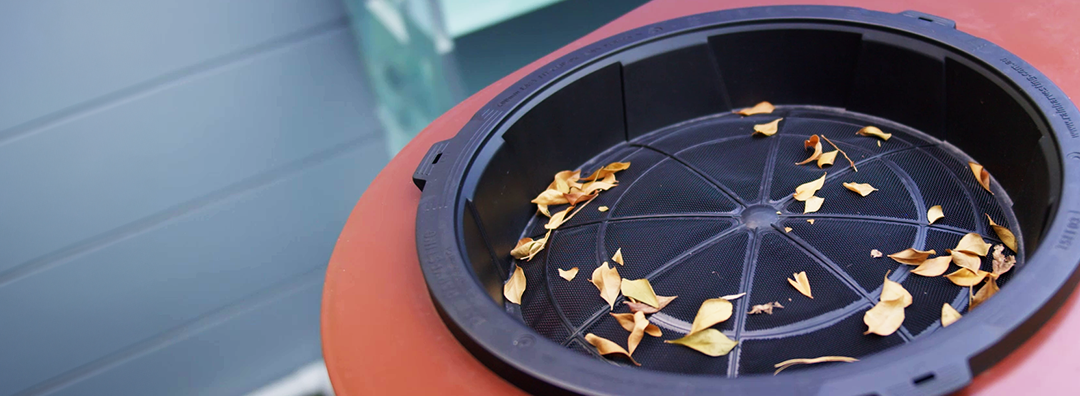As a rain harvester, you understand the value of every drop of water collected. However, maintaining the quality and efficiency of your rainwater collection system is crucial for its longevity and performance. One often overlooked aspect of this maintenance is keeping your system free from leaves and debris.
Why Leaves and Debris Are a Problem
Leaves and debris can cause a range of issues that compromise both the quality of your harvested rainwater and the functionality of your system. These elements, often carried by winds or falling from surrounding trees, can accumulate in your rain harvesting system, leading to a host of potential problems. Let’s explore some of these issues in more detail:
Anaerobic Fermentation
A buildup of leaves and debris in your rain harvesting system can lead to anaerobic fermentation. This process occurs when organic matter decomposes in oxygen-deprived environments. It results in the creation of unpleasant odours and harmful substances, such as methane and hydrogen sulphide. These can pose risks to health and safety, thereby compromising the usability of your harvested water.
Water Contamination
Another concern is water contamination. Leaves and other debris can carry pollutants, such as pesticides and air pollutants, into your system. When these contaminants mix with your harvested water, they can pose significant health risks if the water is used for domestic purposes like cooking, cleaning, or gardening. This is particularly concerning if you’re using the collected water as a potable water source.
Tannin Staining
Tannins are natural compounds found in certain types of leaves. When these leaves end up in your rain harvesting system, the tannins can dissolve in the collected water and create unsightly yellow or brown stains on surfaces. These stains can affect walls, pathways, and even your storage tanks, leading to increased maintenance efforts and costs.
Acidic Water and Corrosion
Decomposing leaves and debris release organic acids that can lower the pH of your collected rainwater, making it acidic. This acidification can lead to corrosion of pipes and fittings in your rain harvesting system. Over time, this corrosion can weaken your system, shortening its lifespan and leading to costly repairs or replacements.
Clogged Pipes and Potential Flooding
Leaves and debris don’t just affect the quality of your harvested water – they can also physically obstruct your system. Blockages caused by these elements can obstruct water flow, leading to inefficient collection and potential overflow. In severe cases, these blockages can even cause flooding during heavy rainfall, putting your property at risk.
What can you do?
Keeping your rain harvesting system clear of leaves and debris is essential for its longevity and performance. A well-maintained system not only looks better but also provides safer, cleaner water for your needs.
One effective way to keep leaves and debris out of your system is by installing rain heads on your downpipes. Rain heads filter out leaves and debris before they enter your system, ensuring a smoother flow of water into your storage tank.
Another valuable addition to your system is a tank screen or tank top filter, such as the Maelstrom Filter. Tank screens or Maelstrom filters provide an extra layer of protection by filtering out debris before it enters your tank. With this, you can ensure that the water in your tank remains clean and safe to use.
Regular maintenance, combined with the right equipment, can prevent issues like anaerobic fermentation, water contamination, tannin staining, acidic water, and clogged pipes. By making regular maintenance a priority and investing in devices like rain heads and tank top filters, you can continue enjoying the benefits of your rain harvesting system.
Maintaining a clear rain harvesting system is an important task that should never be overlooked. By understanding the potential issues caused by leaves and debris, taking preventive measures, and prioritising regular maintenance, you can ensure the longevity and efficiency of your system, providing you with clean, safe water for years to come.

